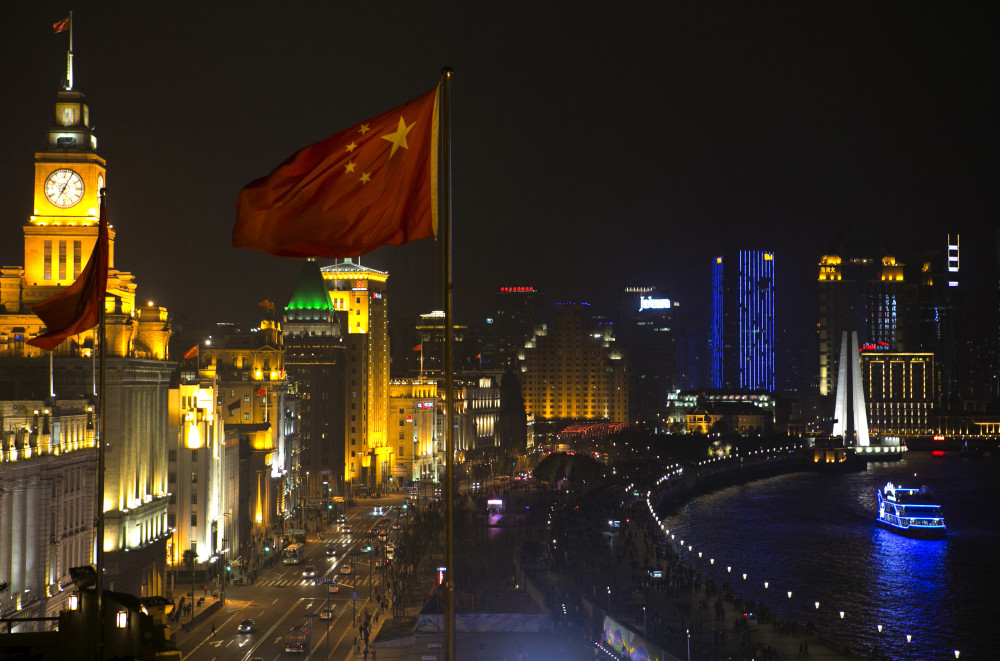By Ed Zhang
China Daily, Beijing / Asia News Network
WWR Article Summary (tl;dr) Will we see across-the-board tariff hikes on imports or added restrictions on bids for overseas mergers and acquisitions? Global market players are getting ready for significant changes to the landscape of economic globalization
China Daily, Beijing / Asia News Network
Even before the triumph of Donald Trump, it was said that the next president of the United States would not be able to be as globalization-friendly as Barack Obama.
One way or another, the new president would be likely to give China a hard time, commentators said, either by introducing across-the-board tariff hikes on imports or by placing added restrictions on China’s bids for overseas mergers and acquisitions.
Granted, this is part of the relationship between China and the US, so it will not affect the entire landscape of economic globalization — which is a much broader process, not easily stopped or interrupted, spawning competition among nations and global market players for many-sided collaborations.
It is likely that before anyone can begin renegotiating existing trade treaties and defining new rules, totally new things will start popping up. These will be game changers.
In one example, Carlos Ghosn, CEO of carmakers Renault and Nissan, recently told the press that the two companies’ joint program aims to turn out electric vehicles (EVs) from their China-based factories priced at US$7,000-US$8,000 “without government incentives”.
China’s EV market is growing rapidly, driven by bold subsidies from the government, which has said it wants 5 million EVs and plug-in hybrid vehicles on the road by 2020.
According to TrendForce, a market intelligence provider, China sold 350,000 EVs from January to September in the domestic market. With estimated annual sales of 550,000 units, China will account for more than 55 percent of the global EV market in 2016.
Renault-Nissan not only has competition from US-based Tesla but also from China-based BYD.
According to another source, in the first 10 months of the year, Americans bought about 100,000 EVs and plug-in hybrids combined.
If EVs priced at US$8,000 per unit can be put into mass production, “it’s going to change the game”, Ghosn said.
So, what is the game going to look like? Bear in mind that autopilot features are also on the horizon. Soon enough, EVs and autopilot versions will create a tectonic shift in the automotive sector globally.
How can any country protect its old automobile industry by raising tariffs, such as on imported parts for assembling new vehicles and for export?
buy zovirax generic buy zovirax online no prescription
How can any trade containment pact prevent a country from playing a part in the emergence of a new market, especially when it is already a pioneer in the industry?
By the same token, once a new vehicle developer can claim a level of proven reliability — such as BYD with its electric buses — how can any regime stop investors betting on that developer’s further success?
None of this is science fiction. The coming of these new vehicles will likely present a difficult choice in the next few years for the new US president.
This will involve weighing the demands of automobile workers in a declining market of fossil-fuel vehicles against the attraction of technologies by more advanced and environmentally friendly vehicles.
By that time, if Ghosn is shipping products assembled in China, say US$8,000 Renault-Nissan EVs, to sell in the US market, will they be counted as exports from China, France or Japan?
Or, if some EVs assembled in the US use batteries made by American workers in companies with Chinese investment, will they be seen as a constructive, or destructive, force in the US job market?
Asking the above questions is simply a way of saying that China will be just fine, even if the government has not done enough to help entrepreneurs and workers adapt to the ever-changing business environment.
And the rising tide of the EV industry is just one example of how globalization is going to get more complex, despite some people’s best efforts to halt the process.














































































































































































































































































































































































